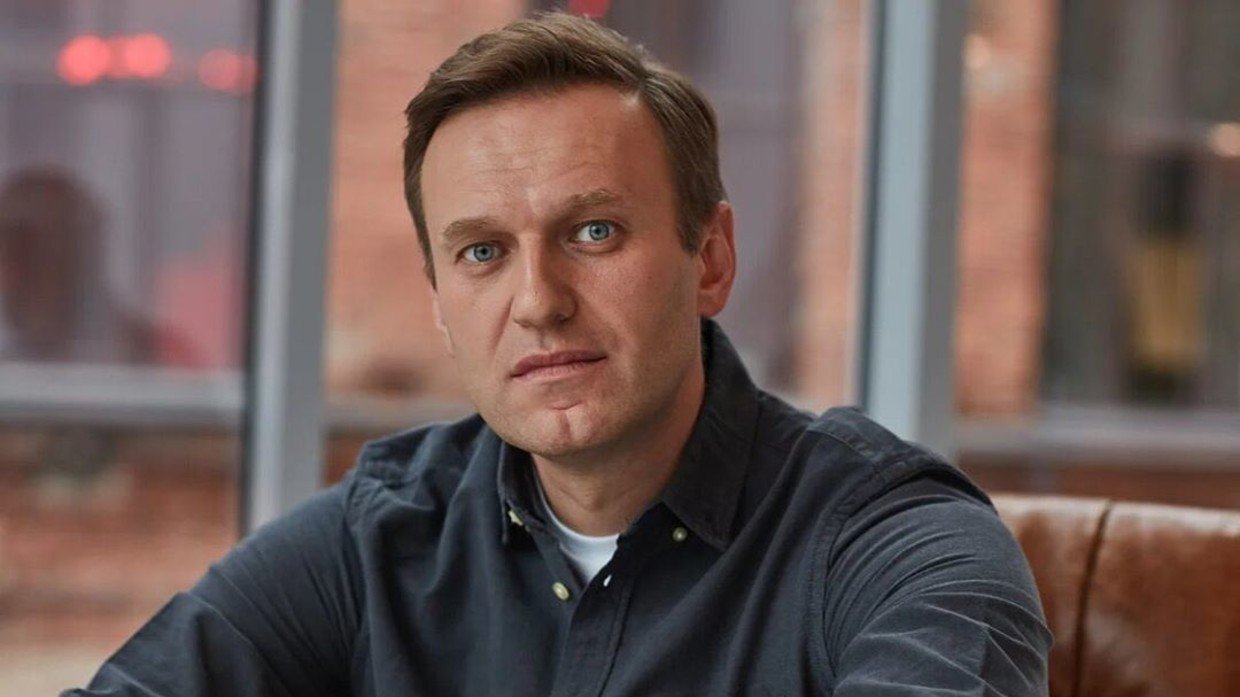The EU’s top diplomat, Josep Borrell, has proposed naming a new sanctions regime directed against Russia after Alexey Navalny. Such a move would surely destroy the anti-corruption campaigner’s oft-stated political aspirations.
In fact, it’s hard to imagine the opposition figure would approve of the idea, as it would allow his critics in Russia to paint him as a tool of the West. While English-speaking and communicative with foreign journalists, Navalny, a Russian nationalist at heart, has always rejected any notions that he’s helping the US and EU further their objectives in the country – for instance, lending his support to Moscow’s 2014 reabsorption of Crimea.
The Levada Centre, a liberal opposition-leaning group that has previously received Western funding, runs regular presidential polls in Russia. For the past six years, Navalny’s mark has hovered between one and two per cent. However, it’s worth noting that a criminal conviction for fraud, which he says was politically motivated, means the Moscow protest leader can’t actually run for office under the current rules.
Attaching his name to a scheme designed to harm Russia would surely reduce, rather than bolster, his popularity at home, and badly damage his political ambitions.
Speaking in the European Parliament, Foreign Minister Borrell urged EU member states to “stop discussing and start acting” in adopting new penalties against Moscow. He also said that the situation with Navalny “will have an impact on European Union-Russia relations,” but didn’t elaborate.
Borrell referred to the US Magnitsky sanctions, named for the Moscow auditor Sergey Magnitsky, who worked with American-turned-British ‘vulture capitalist’ Bill Browder. Magnitsky died in prison, after being arrested on charges of helping Browder evade taxes. It has been alleged that he was denied proper medical treatment and kept in unsuitable conditions. Some suggest he may have been tortured.
The Foreign Minister suggested that the EU could call its system after Navalny. Thus, his name would be “associated with a sanctions regime for people who violated human rights.”
The same way the Americans call it the Magnitsky [Act], we could call it our ‘Navalny sanctions regime’. It would be a good way of taking stock of what is happening.
Responding to calls from members of the European Parliament to stop the construction of the Nord Stream 2 gas pipeline, he noted that EU institutions do not have the power to do this, and the issue is up to the individual countries supporting the project.
Borrell also called on Russia to investigate the situation around Navalny “through a fully transparent procedure” under the auspices of the Organization for the Prohibition of Chemical Weapons.
Also on rt.com Germany claims French & Swedish labs ‘confirmed’ Navalny’s Novichok poisoning, as Macron labels incident ‘attempted murder’Meanwhile, the chairman of the Russian parliament’s Foreign Affairs Committee, Leonid Slutsky, told reporters on Tuesday that any Western sanctions over Navalny would symbolize “dirty political scheming.”
He cited Russian Foreign Intelligence Service Chief Sergey Naryshkin, who has stated that the country’s chemical weapons stockpiles had been destroyed in accordance with a convention banning the substances.
The German government has claimed that the prominent anti-corruption campaigner was poisoned by a nerve agent from the Novichok group – a deadly class of war-grade toxins developed in the Soviet Union and banned under international agreements.
This week, Berlin announced that three EU laboratories, including two in France and Sweden, had confirmed the conclusions made by the German specialists. However, the Russian doctors who treated the opposition figure in Siberia say they found no evidence of poison in his system.
On August 20, a plane carrying Navalny made an emergency landing in Omsk, after the activist suddenly felt unwell mid-flight. He was taken to hospital, placed in an induced coma, and hooked up to a ventilator. Two days later, he was flown to Germany for treatment at Berlin’s Charite Hospital.
Also on rt.com Navalny posts FIRST picture from Berlin hospital: Spokeswoman insists he'll return to Russia, Kremlin 'happy' to see his recoveryThink your friends would be interested? Share this story!

